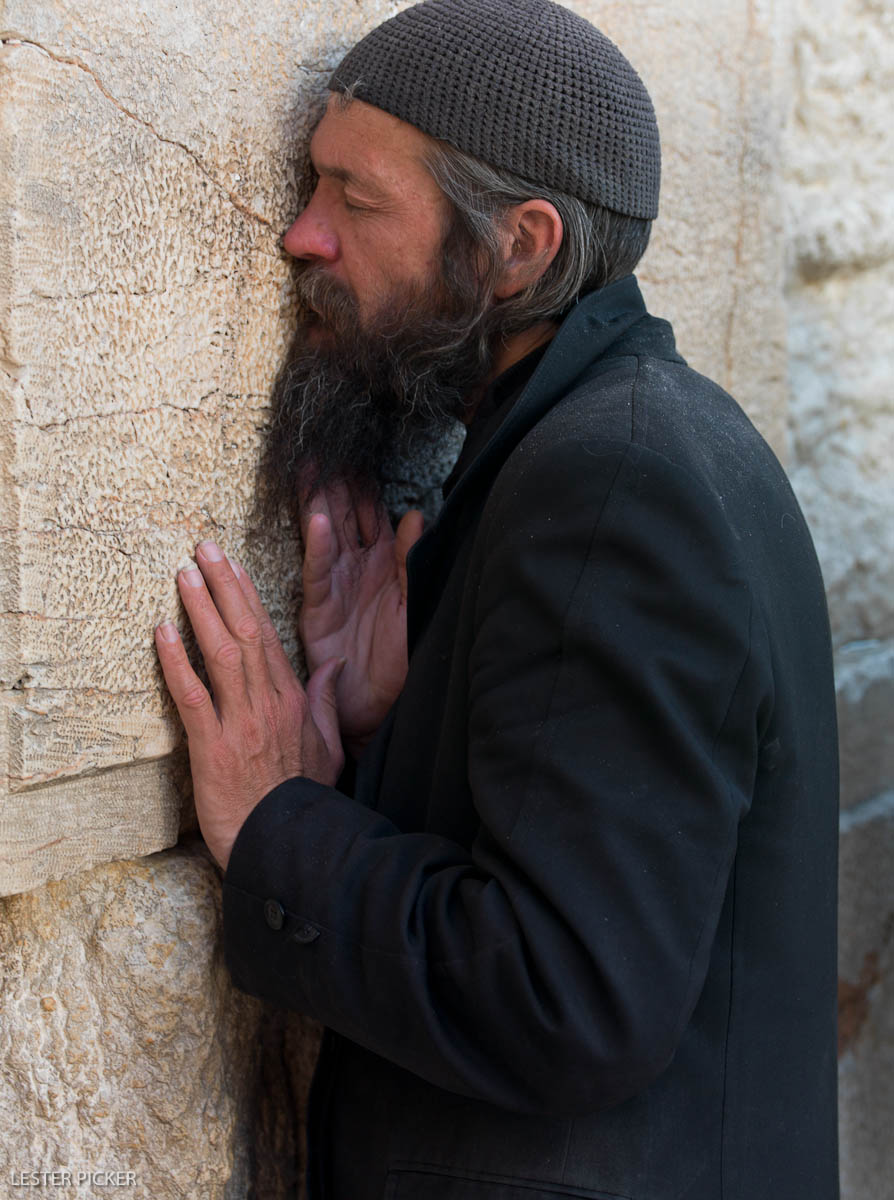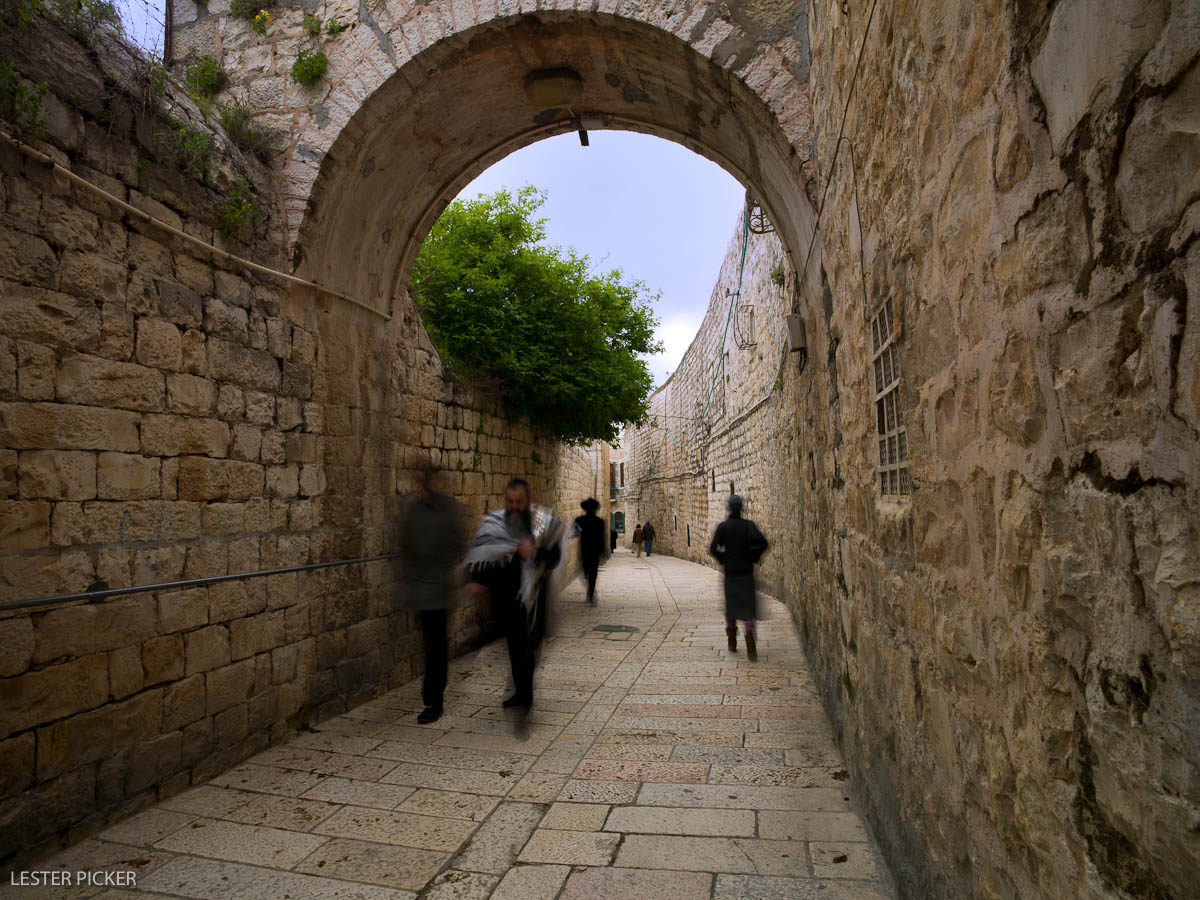
Israel: A Nation of Stark Contrasts
On my recent Israel trip I visited Tel Aviv, Jaffa and several locations in the Golan Heights in northern Israel, as well as Jerusalem and its surrounds. I visited so many archaeological sites, I’m suffering from historical overload.
Since Israel is such an iconic destination and since so much has already been written about it, I’ll only add my two cents in the form of observations and impressions. I’ll leave political discussions for the experts who, by the way, have not managed to solve one big issue regarding Israel and the Palestinians in 50 years!
You’ve Been Where?
It’s true that you can drive from the most northerly point in Israel to its southern border in just six hours. Across its widest point it is no more than a 90 minute drive.What that means is that you can cover a lot of territory in a fairly short amount of time. If your friends express skepticism that you could visit so many places in week or two, take out a map (or your iPhone) and show them just how tiny Israel really is. In fact, Israel is only the size of New Jersey, except in Israel’s case somehow it got squeezed in the center (not so good for its security).
My point is that Israel is much smaller than I ever imagined, a view shared by many other tourists with whom I chatted.
Be Prepared to be Amazed
Israel is at the crossroads of cultures. and civilizations. The Jewish people, who have been here for thousands of years, have seen Greeks and Romans, Babylonians and Turks, Macedonians and British conquer and then lose their hold on this land. As each new master came and went, they left their mark in the form of buildings, ideas, culture and people. You’re constantly sampling from a historical smorgasbord as you visit sites here.Contrast Central
If there is any nation on earth that has more contrasts than Israel, I dare you to show it to me. Nowhere else that I have been has such massive amounts of antiquity been situated next door to such modernity. Doubt it? Just visit Caesarea where the ancient Roman fortress sits next door to a power plant, or Safed, where modern shops are seamlessly woven through ancient Roman aqueducts and restored architecture. Or Jerusalem, where it’s hard to take a decent picture in the Old City without including a satellite dish, electrical wires or a sign.There is more. Where else can the Ultra-religious survive comfortably within such a modern and secular society? Where else in the Middle East can you find Arabs living peacefully with Jews and Christians in a democracy (and with equal citizenship rights)? Yet squalor sometimes sits next to modern, high rise hotels. Go figure.
Finally, Israel is mostly desert, yet its per capita agricultural production and efficiency are among the highest of any nation on earth. They have perfected the drip irrigation system and export that technology worldwide. Everywhere I traveled, whether city or rural, drip lines extend through commercial plantings, private gardens and huge fields.
Graffiti
I simply was not prepared for the profusion of graffiti scrawled on clean walls and streets throughout Tel Aviv and Jerusalem. Not artistic graffiti, which I detest anyway because of the way it affronts one’s sensibilities and ruins the architecture. No, the graffiti I saw in Israel was nothing short of vandalism, plain and simple.Leave Your Biblical Impressions At Home
I’m amazed at how my biblical references were turned upside down during my visit. The mighty Sea of Galilee that we read about in the Bible is nothing more than a fairly small lake. In fact, the Romans called it Lake Tiberias. Ancient synagogues of note would easily fit into the living rooms of many respectably-sized American houses. Judging from the living areas and low archways, the heroes of the Bible were rather short. And, most disappointing of all was the mighty and wide Jordan River. In reality it is a narrow, muddy creek.A Vibrant Economy
During my visit you’d hardly know that the world is in recession. Building is going on everywhere, with huge cranes dominating the city skylines. High tech is huge in Israel, with many of the patents for the gadgets we love originating in this tiny country. As a result, Microsoft, Intel, Apple and other high-tech giants maintain research campuses in Israel. Their highly educated workforce propels their economy.
Diversity Rules
Israel appears to my eyes to be as diverse a democracy as I could imagine. First, of course, is the diversity within the Jewish community. The Ultra-Orthodox live side by side with secular Jews who embrace their culture but do not put a lot of emphasis on their faith. On the Jewish Sabbath I saw every sect racing past each other on the way to their respective houses of worship.Then, on Sunday, Old Jerusalem was packed with Christian worshippers of every persuasion rushing to services. Greek Orthodox, Roman Catholic, Armenian Orthodox, and every Protestant denomination you can think of, all with free and unfettered access to their holy places.
Every day, five times a day, the city’s minarets blare out their call to prayer over ramped-up loudspeakers. Here, Israeli Arabs enjoy freedoms unimagined in the rest of the Arab world. Of course there are still issues of equity, as there are in every democracy on earth, but in Israel there are forums in which to address them.
A Half-Dozen Tips for visiting Israel
1.Hire a good guide. Get recommendations. Search the web. Do your due diligence. Whether on a tour or one-on-one, a good guide will make a world of difference. Plus, there is so much history, only a good guide will be able to tie it all together.2. Try the falafel. Even if you have tried falafel and hated it in the U.S., try it again here. Falafel reigns supreme in Israel and it is very, very good; fresh ingredients, deeply fried, and nestled in a pita covered with sauce and salad.
3. Avoid driving. The traffic jams and narrow streets in Jerusalem are a challenge, as they are in Tel Aviv. If possible, use Jerusalem’s light rail or extensive bus system. Trains run between major cities. Road signage is in Hebrew, with only a percentage including English translations.
-
Know the exchange rate. When I was there the rate is was roughly 4 shekels to 1 USD (actually 3.75:1). Since most merchants will accept either currency, be wary of glib exchange quotes. I wanted to hire a taxi and my Arabic driver quoted me 60 shekels. I had been quoted 40 earlier in the day and I told him so. “Okay, for you my American friend” he said, “I’ll make it half, just 30 US dollars.” Huh??
-
Bring adapters with you. I recommend 2-3 if you’re packing lots of electronic gear. As a photographer I carry battery chargers, iPhone, laptop, and more.
-
Be open-minded. The mid-East, and Israel in particular, is in the news constantly. I saw with my own eyes that much of what we hear is distorted. Ask questions. Talk to ordinary citizens. Israel is a nation surrounded by enemies, which has served to frame its collective psyche. Try to understand their point of view. Substitute your own country for Israel, put it in Israel’s circumstances, and try to imagine what your country might do.